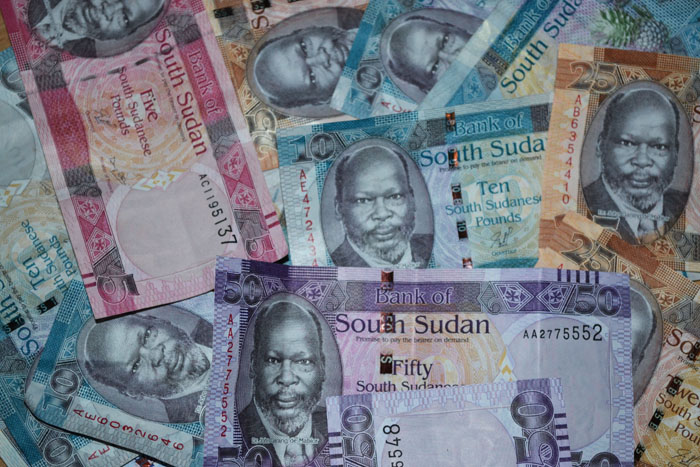
The economies of both Sudan and South Sudan rely heavily on income from oil revenues. Therefore post-split negotiations on transitional economic and financial issues mediated by African Union High-Level Implementation Panel, or AUHIP, have been largely focused on reaching an agreement on this burning issue.
With South Sudan drilling 75 percent of the formerly-united country’s oil, and the transport route and only refineries located in northern Sudan, the two sides must settle on a plan to continue processing the commodity. In addition to oil arrangements, negotiations are also aimed at finding a long-term solution for the dispute over Abyei, settling what South Sudan officials claim to be “an economic war” and “daylight robbery” imposed by Khartoum, and resolving border disputes – quite a lot to achieve by the end of September, which is the suggested deadline for negotiations.
The first post-independence talks were held in Addis Ababa on July 26, and judging by the public statements from both sides, no solution is in sight. Pagan Amum, South Sudan’s minister for peace and chief negotiator with Sudan, told the media in Juba that the North is ready to drop demands for a pipeline transit fee of about $23 per barrel of crude oil, an amount that Juba considers to be “discriminatory” and demands that international standard norms to be applied.
Khartoum negotiators, who claimed no such deal has ever been made, quickly contradicted Amum. The Sudan Tribune news portal reported that the government of Sudan already estimated a budgetary income of $2.6 billion from the transit fees for crude oil “at the rate of $22.5 per barrel.” Khartoum is highly reluctant to lose the oil revenues which constitute the largest portion of its annual budget. Sudan’s finance minister recently estimated that the “country faces a 36% future drop in revenues because of the loss of South Sudan’s oilfields.” As long as Juba is dependent on Khartoum of its pipeline, it is highly unlikely that the NCP will make drastic amendments in their demands.
Along with the deadlock on oil transit fees, new currencies that both countries introduced last month have caused major concern for South Sudan fiscal stability. Sudan’s decision to replace the old Sudanese pound with the new one may eventually cost South Sudan a total of $700 million if both sides do not reach agreement on exchange. On one side, Pagan Amum said:
We have agreed to form a joint committee from the two central banks so that the replacement and exchange of the [old] Sudanese pounds with the [new] South Sudan pound, as well as the change of Sudanese pounds in Khartoum, will be done in a transparent manner.
Meanwhile, Sudanese finance minister responded that South Sudan could keep the old currency “in the museums.”
The effects of this “currency war” are being felt most acutely in southern border states that rely on trade with the North because the South Sudan pound is not yet legal tender there, by order of northern authorities.
Casting a shadow on the negotiation process, the two sides have traded accusations about supporting rebel groups on either side of the new international border.
Distrust fueled by these allegations is still a major obstacle that contaminates what little maneuvering space there is, making it difficult for both sides to reach an agreement seen as mutually beneficial. For different reasons, both governments could soon face domestic pressure to finalize arrangements: While the NCP and President Bashir are bracing for future political challenges in Sudan, and coping with losing one-quarter of its territory and its absolute authority over its prime source of income, South Sudan’s development ambitions are largely on hold until resolution on outstanding issues such as oil processing and currency can be found. The people of South Sudan have high expectations that their government will deliver improved services in health, education, and infrastructure.
So far, neither side is willing to back down, but resolution on these economic issues is necessary for peaceful relations to be secured between the two new states.
Photo: South Sudanese pounds (Enough/Nenad Marinkovic)

